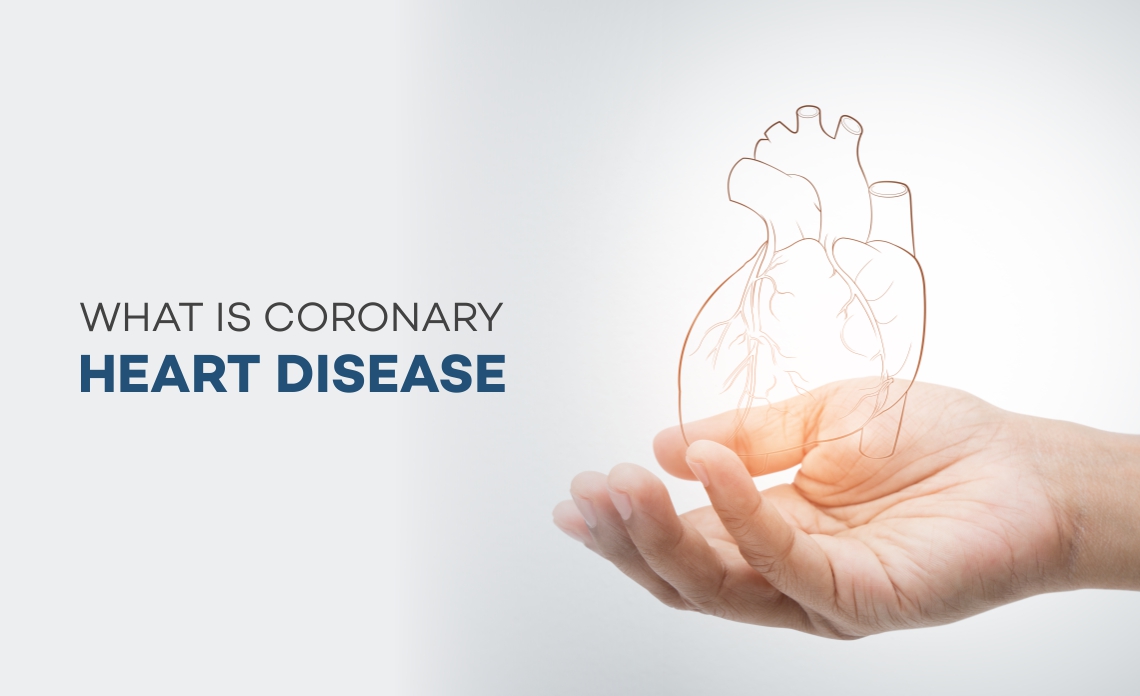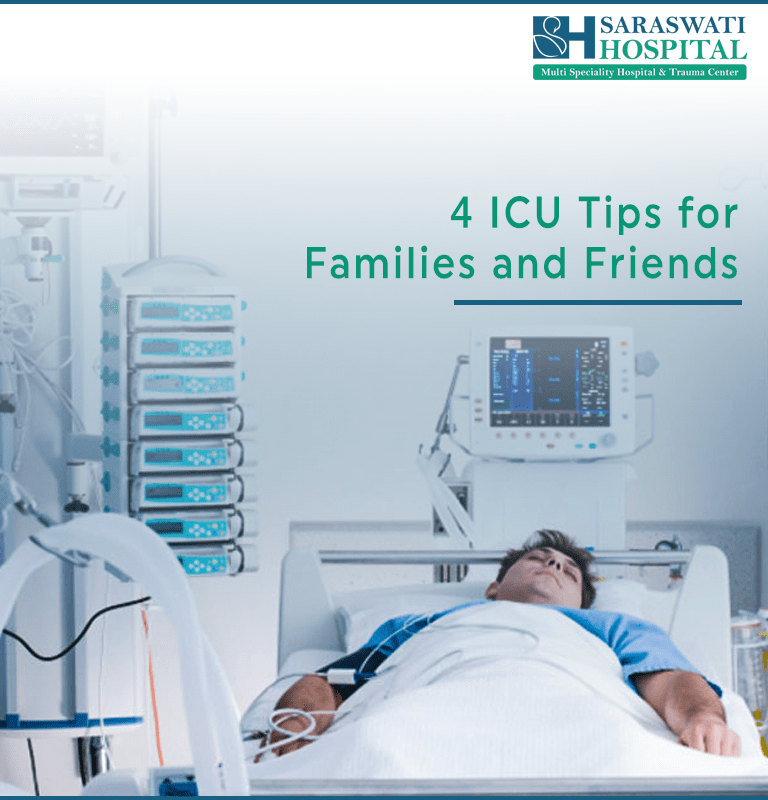
Congenital heart disease, or CHD, is a birth defect of the heart. It is a disease that affects the heart’s structure and function. The most common form of congenital heart disease is a hole in the wall between the two upper chambers of the heart called an Atrial Septal Defect (ASD). This defect allows blood from one side of the heart to mix with blood from the other side.
An ASD can cause blood to flow out of one ventricle (lower chamber) and into another ventricle, bypassing some of the body’s natural filters. This extra volume increases blood pressure and puts extra strain on the right ventricle, which pumps blood to the rest of the body. In a healthy person, the left ventricle receives blood and pumps it to the rest of the body. In an ASD, blood can flow from one ventricle and into another ventricle as well as into extra veins that connect with arteries in other parts of the body (called collateral channels).
Congenital heart disease is a condition in which the heart is born with one or more defects that prevent it from working properly. Congenital heart disease can affect the heart’s structure, valves, and blood flow. The severity of the condition varies. Some people have a mild case of congenital heart disease and never need treatment, while others may need surgery to fix the problem. Congenital Heart Disease can be caused by several different factors, including genetics or environmental exposures in early pregnancy. It can also be caused by pregnancy problems such as toxemia or diabetes, or by diseases such as rheumatic fever.
Types of CHD –
- Aortic valve stenosis
- Coarctation of the aorta
- Ebstein’s anomaly
- Patent ductus arteriosus
- Pulmonary valve stenosis
- Septal defects
- Single ventricle defects
- Tetralogy of Fallot
- Total (or partial) anomalous pulmonary venous connection (TAPVC)
- Transposition of the great arteries
- Truncus arteriosus
Symptoms, particularly in babies and children –
- Rapid heartbeat and breathing
- Swelling of the legs, tummy, or around the eyes
- Extreme tiredness and fatigue
- One’s skin or lips are blue
- Babies may have trouble eating when they’re tired or overstimulated
Although there is no cure for heart disease (CHD), there are many surgeries that can be done to help correct it. However, these procedures do not act as a cure and so it may be necessary for a cardiologist to monitor the patient’s long-term status as they could be at risk of complications such as abnormal or delayed heartbeats.
Saraswati Hospital is a multispecialty hospital, that has some of the best cardiologists in Bopal, who have been providing quality treatment to their patients for decades now. To know more contact us today.

